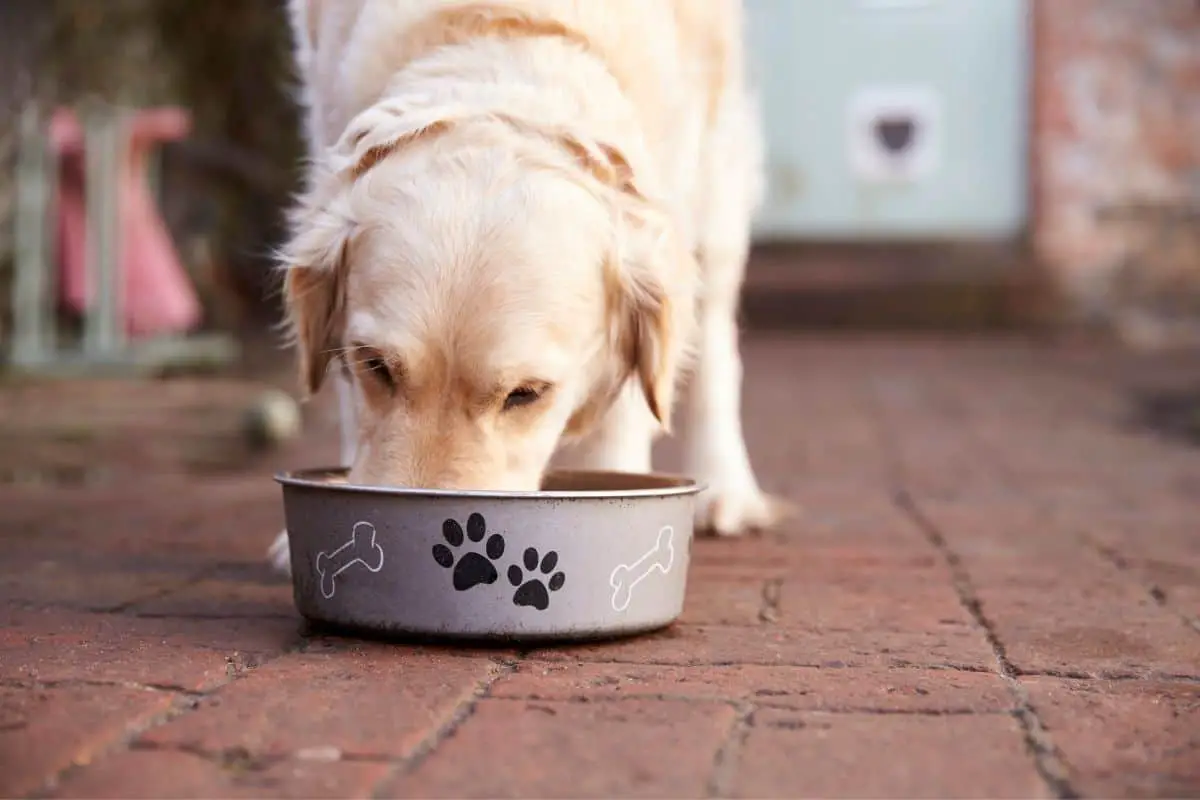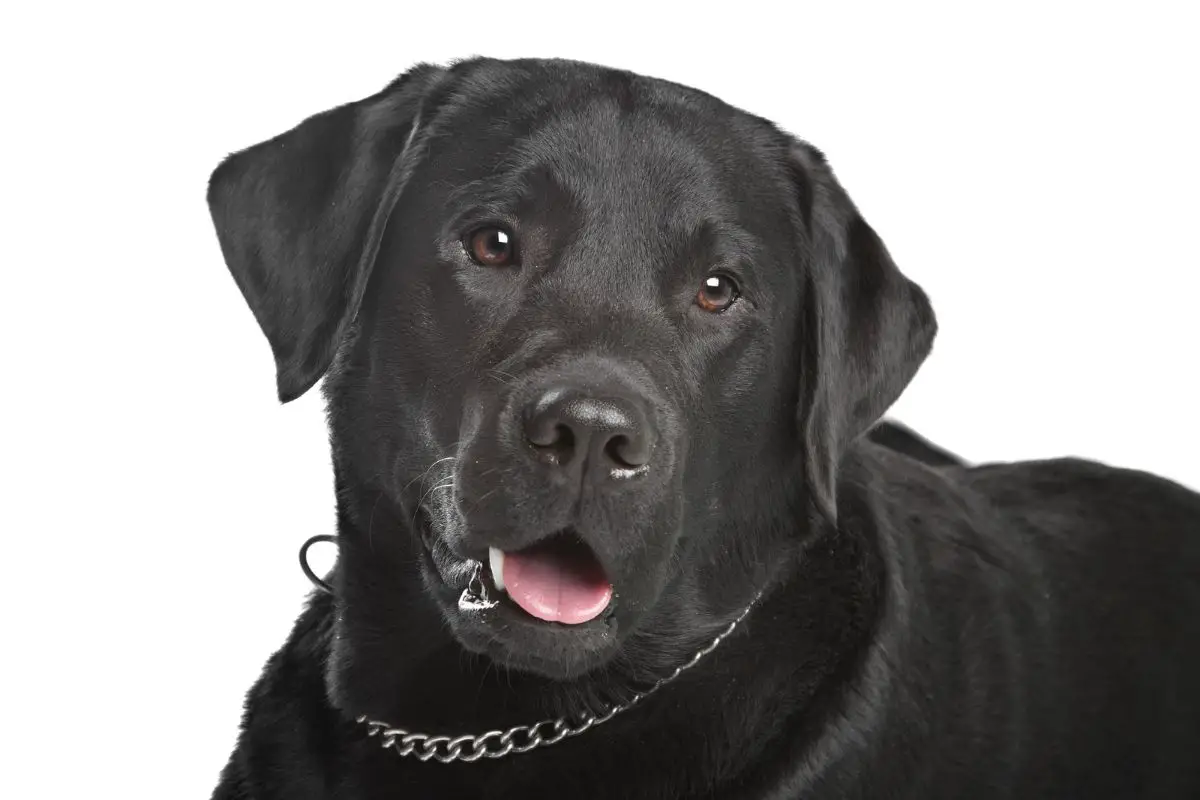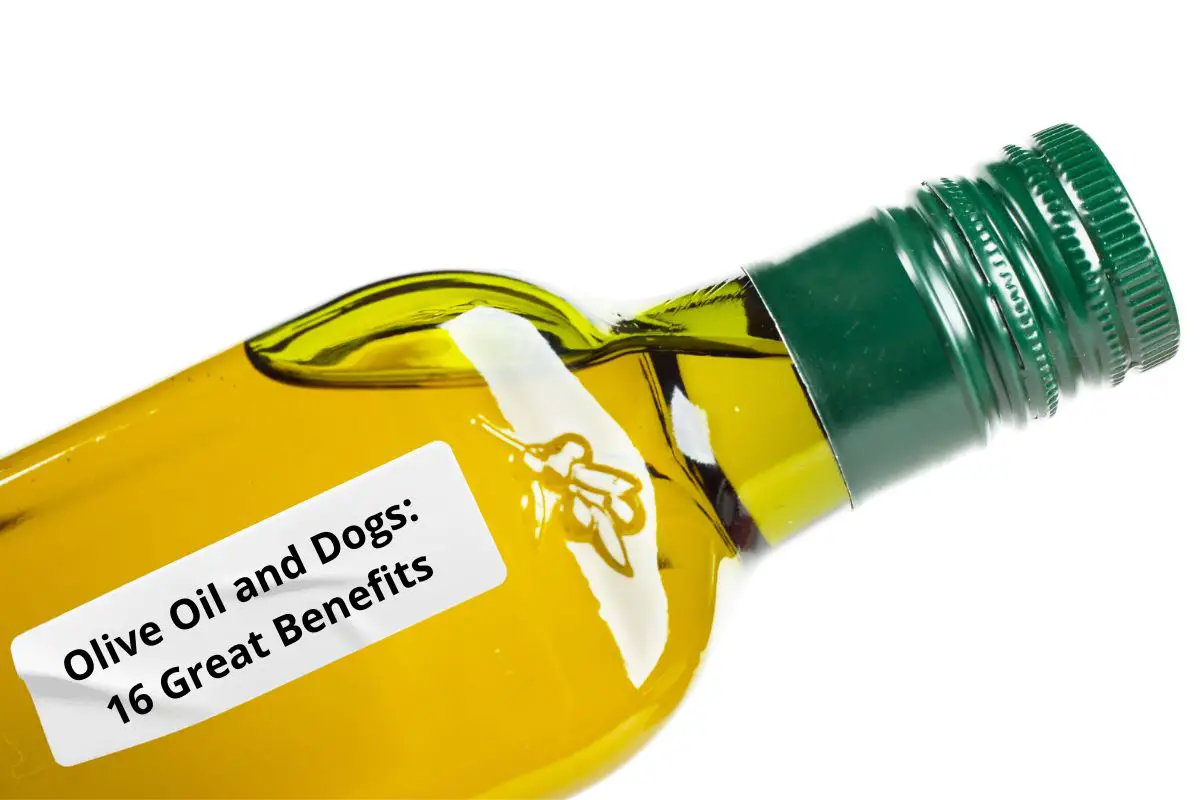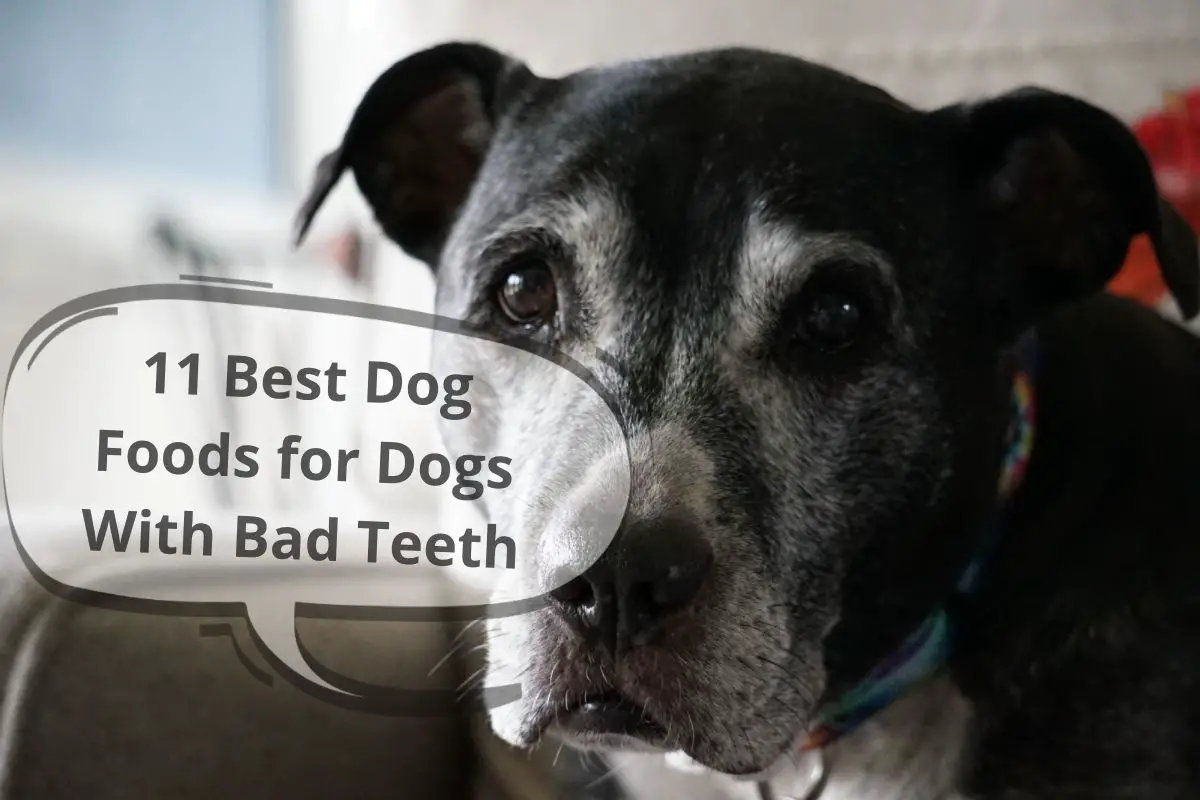It’s not unusual for your dog to be excited about food (who doesn’t like food?). So, you have probably witnessed your dog swallow food without even chewing it too. That type of behavior does have its reasoning, though.
Dogs swallow kibble without chewing because they follow their instincts when it comes to food. Unlike humans, they don’t savor their food; they eat it to survive. Often, it leads to many dogs swallowing their food whole without stopping to chew. However, that might not be for the best.
In this article, we will delve deeper into the reasonings as to why dogs swallow their food without chewing. We will also discuss how these factors relate to their health and if they should be stopped. Let’s take a look below.
Dogs Are Following Their Instinct
You might have heard at some point that dogs are descended from wolves, and that is certainly what most experts agree with. As such, dogs have certainly adapted and became more domesticated throughout many years. However, that doesn’t mean that they have lost all connection with their ancestors. In fact, it is quite the opposite, especially when it comes to food.
Starting as a Pup
The average size litter for a dog is between five and six pups. When mama gives birth to all of those pups, she becomes responsible for their well-being. She provides them with milk and support. However, just as any mother knows, there is only so much you can do for your young. Sometimes, they have to learn on their own.
This is the starting point for dogs competing with each other. It is a simple pack mentality, really. Young pups will have to find their way to get milk from their mama. In doing so, some pups might not get as much food or support. They have to compete to survive.
It’s like arguing with a sibling over the last pop-tart. Only one of you is going to get it unless you decide to share. It’s the same concept for puppies.
Going Off on Their Own
Once a pup reaches a certain age of maturing, their mama will send them off on their own. This is especially true in the wild. It’s in their nature. Wolves will do the same with their young. When wolves mature, they leave and go off on their own to form their own pack.
Now, dogs might not necessarily form their own packs, but they do go off on their own and learn how to fend for themselves. This can result in competing over food on the streets. When you are by yourself, you are responsible for your survival. Dogs will quickly eat any food they can find to survive. This means they have to be quick, and often that leads to a lack of chewing. Dogs just gulp it down.
Working in a Multi-Dog Household
There is a social hierarchy among dogs. This may or may not be related to their descending from wolves, as wolves do have packs with leadership, but there is definitely a social hierarchy among dogs regardless. In single-dog households, typically, the dog will look to its human for leadership and guidance. However, in multi-dog households, there is often an “alpha” dog or leader among them.
Like in the wild, dogs learn to eat their food fast and move on for their safety. The last thing they want is a fight. So, when there is a multi-dog household, you might find your dog(s) doing the same thing. They may fear having to fight for their food. They will eat their food quickly to avoid fights or not being able to eat.
Swallowing Is a Quick and Easy Solution
Dogs don’t see food as being something they need to savor. Rather, it is just a source of substance they need to survive. Some may simply eat the food quickly, so they don’t have to worry about it. Often, they just want to go on with their day or with whatever they were doing. You might see some quickly eat their food before heading off to play.
Biology Lets Dogs Do It
If you look at a dog’s anatomy, you will notice that they have a body designed for fast eating. In fact, they even differ from wolves when it comes to how their teeth are designed and how they digest their food. Let’s take a look at what makes up a dog’s anatomy when it comes to eating.
The Teeth Are Different
Dogs are omnivores which means that they can consume plants and meat, just like humans. Omnivores have a set of teeth that consist of incisors, canines, premolars, and molars. However, the teeth designed to consume plants (the molars) are often smaller in dogs. Molars are made to grind plants and grainy substances with a side-to-side motion. Since a dog’s molars are smaller, this is more difficult for them to pursue.
That is not to say that dogs are not able to grind plants. In fact, they can grind bones and plant material. It is just a bit more difficult.
Dogs’ teeth are most suitably designed for eating meat. Their jaws typically move in an up-and-down motion, rather than side-to-side, so they can rip or tear into the food they are trying to eat. This is a big reason why they don’t always chew their food.
Digestion Occurs in the Stomach
The digestion process for a human starts while chewing their food. Our teeth break the food into smaller pieces, and then the salivary glands release saliva, so it is easier to swallow. An enzyme, amylase, is produced from the salivary gland at the same time. This is what digests starches and other substances into molecules (digestible sugars).
Dogs don’t have amylase in their saliva, which is why their bodies don’t need to start digesting food when it is in their mouth. Instead, their bodies don’t digest food until it reaches their stomachs. That is where the amylase is located for dogs. So, the food they had eaten will then break down in the stomach.
The Throat Widens
A dog’s esophagus will naturally expand to allow (quite a bit) of food to pass through to the stomach. However, keep in mind that sometimes this can cause swallowing difficulties in dogs. You will want to keep an eye on them to make sure there are no blockages or other problems.
Sometimes It’s a Health Problem
While we have looked at natural factors that can lead to dogs swallowing their kibble whole, sometimes the answer is simply due to a health problem. Some dogs are more prone to health conditions than others, but either way, there are, indeed, reasons why a problem might occur. Let’s take a look at some of them below.
They Could Have a Dental Problem
As we talked about before, dogs have different teeth than humans. And while it is rare for a dog to get any cavities because of the bacteria in their oral cavity and the type of teeth they have, it can still happen. The most common area for cavities in dogs is the pit on the top or bottom maxillary molar. That is a common area because it has deeper grooves.
Some reasons that a dog might get a cavity:
- They have a poor diet that focuses primarily on high-carb substances.
- They have low salivary gland pH levels.
- Their oral hygiene is poor.
As a result of cavities, or other dental problems, dogs are less likely to chew their food. It is easier and less painful for them to swallow it whole.
They Are Bloated
Canine bloat (also referred to as Gastric Dilatation-Volvulus) is a rare but very serious condition that can occur from eating too fast and swallowing it whole. It can also lead to your dog only eating in that way. So how does it happen?
When your dog swallows its kibble without chewing, it can also swallow (gulp) air along with it. If that occurs too much, your dog might start vomiting. So, your dog’s stomach will be filled with too much liquid or gas (or even sometimes food if that is not vomited up). It is also harder for a dog’s stomach to digest whole food in the stomach. This will lead to bloating. The severity of the problem comes from when your dog’s stomach flips while bloated.
Note: If this happens to your dog, we recommend seeing a veterinarian as soon as possible!
Is Swallowing the Kibble Without Chewing a Problem?
While swallowing food without chewing is natural for dogs, the practice can lead to associated health problems. One of the most serious conditions, which we have already discussed, is bloat. The excess air that they are consuming will lead to their stomach swelling and twisting or flipping. Other common risks may include choking, vomiting, regurgitation, or hiccups. Choking can be especially problematic for your dog.
Another factor that could lead to a problem is resource (food) aggression. When they are eating too fast, they may be doing so out of fear. This can lead to them displaying aggressive behaviors to other dogs or humans if they are near them while eating.
What Are Some Methods To Use To Get Them To Chew?
Your dog might benefit from slowing down when it comes to eating. To help them have a more enjoyable and friendly experience with food, here are a few tips you can use:
- You can get a slow feeder. Some make eating food a lot more fun, and it will definitely help them to slow down. However, if you aren’t interested in getting a slow feeder, you can try adding a bit of water to their bowl and mix it with the kibble. We recommend using warm (not hot!) water. It should help slow down their feeding process.
- Place their food in a relaxing environment. If you have multiple dogs, you might want to separate their bowls, even in different rooms, so that they will feel more comfortable eating.
- Talk to your local veterinarian. They can offer great advice, and it will be specific to your dog.
Conclusion
Remember – your dog’s eating habits are a natural instinct. As long as they don’t become prone to problems, you shouldn’t worry too much about the habit. However, if you want to work with them on it, keep in mind that it will take time to change their behavior. We hope that the tips in this article will help.




